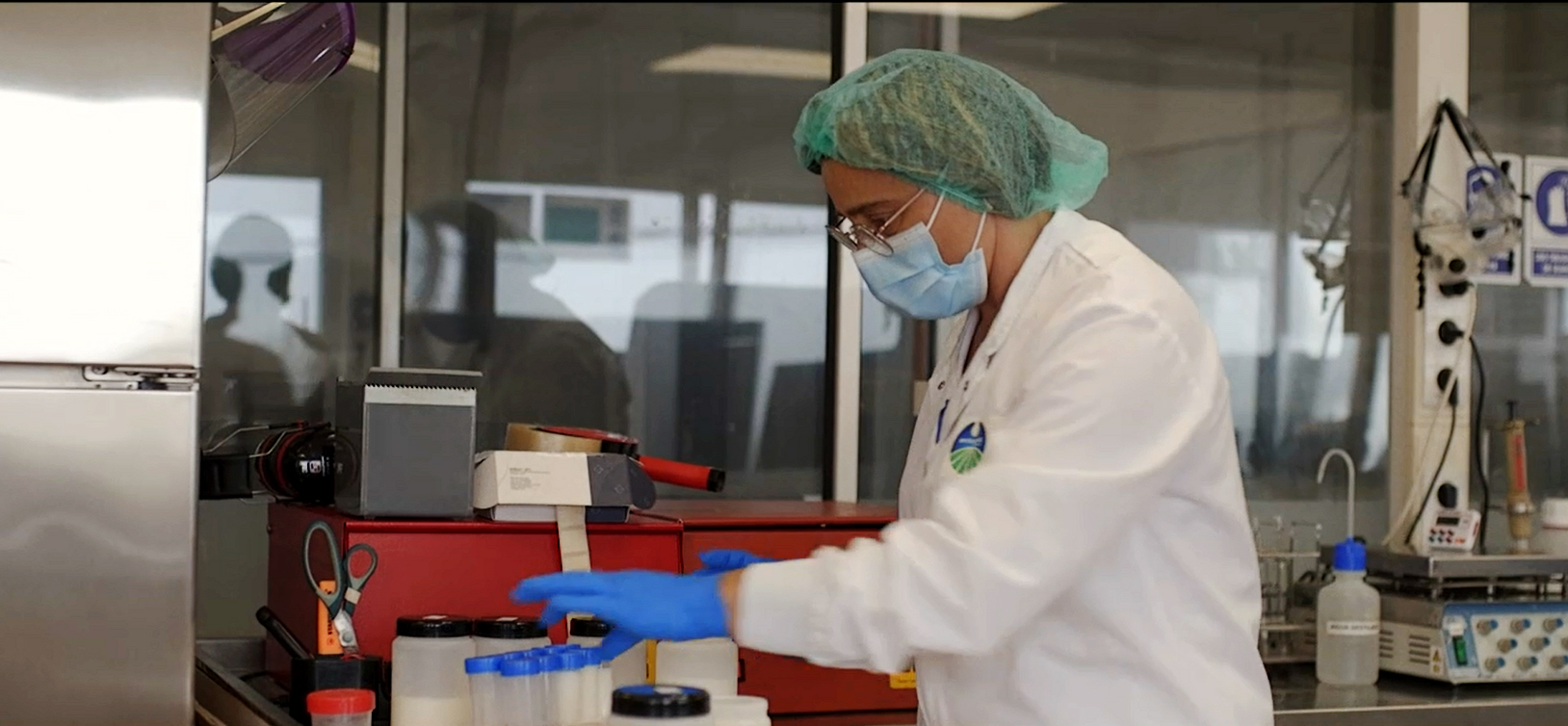
Latest information

The agri-food industry in Galicia, digital and innovative
The agri-food industry, which includes fishery, agriculture, livestock and the food industry, is a strategic sector for Galicia. Its economic and social relevance has become evident in the last two years and has shown an exemplary organisational and coordination capacity.
The sector, which constitutes 7% of the Galician GDP and has created over 100 000 jobs, promotes innovation, diversification and the opening of new markets. This strategy, in line with the European and Spanish roadmap, has reached a record export level in 2021 and has increased exports up to 14% over the previous year.
These encouraging figures confirm the adaptive capacity of this priority sector in Galicia. In this regard, Fernando Guldrís, director of the Xunta’s Igape (Galician Institute for Economic Development), confirms that the agri-food industry is among the first in the exports ranking, with a turnover of almost €3.527 billion and helping Galicia to have “the best trade balance in Spain in absolute terms”, with a net profit of €5.154 billion in imports and exports in all sectors in the last financial year.
Innovative projects
Galicia has been successfully implementing its development plan for the agri-food industry for years, promoting the launch of mixed research units and fostering the Business Factory Food (BFFood) accelerator, which is supported by Clugasa (Galicia Food Cluster) and the regional administration together with many leading companies.
BFFood seeks to launch national and international innovative projects via entrepreneurship support programmes and consolidation plans for specialised projects from a position of competitiveness in a global context. Francisco Conde, the first vice president and Regional Minister of Economy, Industry and Innovation, considers that this initiative strengthens public-private collaboration and “enables the promotion of projects that contribute to a sustainable and technological transformation of the industry in Galicia”.
The region also supports the creation of digital innovation hubs, such as Dihgigal, promoted by Ceaga (Galician Automotive Companies Cluster) and in which the agri-food sector is also involved, or DATAlife, promoted by Bioga (Business Technology Cluster of Life Sciences) and which will support the digitalisation of dozens of companies in the primary sector. The main objective of digital innovation hubs is to provide SMEs with access to cutting-edge technology and digitalisation programmes to improve their capacity and their commercial weight.
There are many innovative projects in the agri-food industry in Galicia, but most of them revolve around Clusaga, which promoted programmes for the digital transformation and industry 4.0. The cluster, which intends to “improve productivity, optimise processes and move towards the agri-food factory of the future”, has been involved in the Industry 4.0 regional programme for the last 4 years. Thank to this initiative, the business association has supported innovative projects such as those by Viña Costeira, Kiwi Atlántico, Cofrico or Pazo de Valdomiño, among others.
Strategic project
Just like in any other industry, the agri-food sector in Galicia works concertedly to be one of the strongest candidates for European funds of the Strategic Project for Economic Recovery and Transformation (PERTE) linked to this industry, which foresees to mobilise €1 billion by 2030.
The agri-food PERTE’s aim is to promote competitiveness, sustainability and traceability; thus, candidates must also include innovation projects that cover the entire value chain and that are based on the development of competitive skills, digitalisation and R&D&i.
In order to support the active participation of all parties involved, the Xunta and Clusaga have launched the Next Generation Galician Food Technical Office that will inform, promote and invigorate the potential of European funds in the agri-food industry in Galicia. It will also analyse the proposals and foster those projects that include the implementation of robotics and AI or process automation.
The programme in which Clusaga is working is, according to its chairman, Juan José de la Cerda, an integrated and integrating project “to transform the business fabric through a technological, digital and ecological transition based on innovation and on the generation of quality employment.”